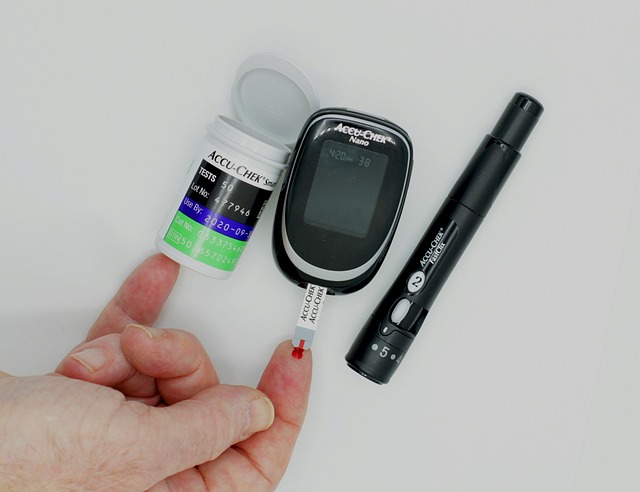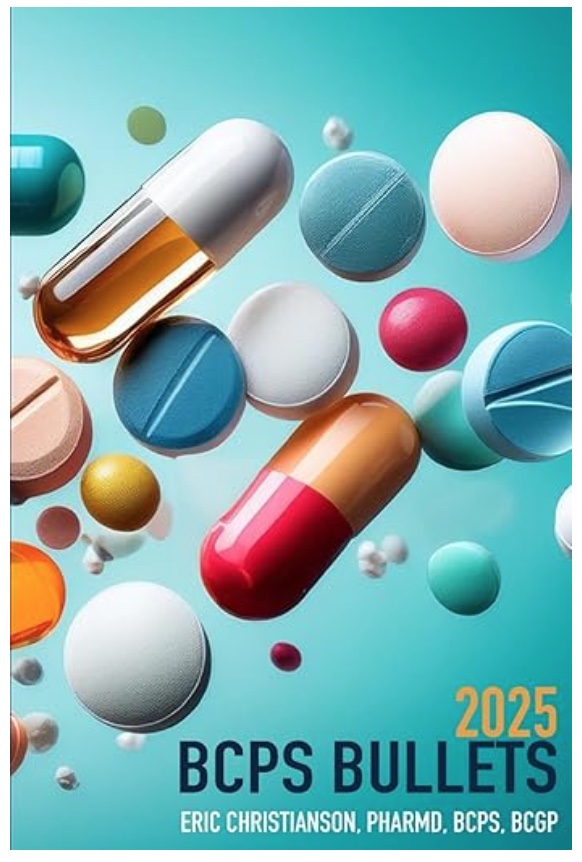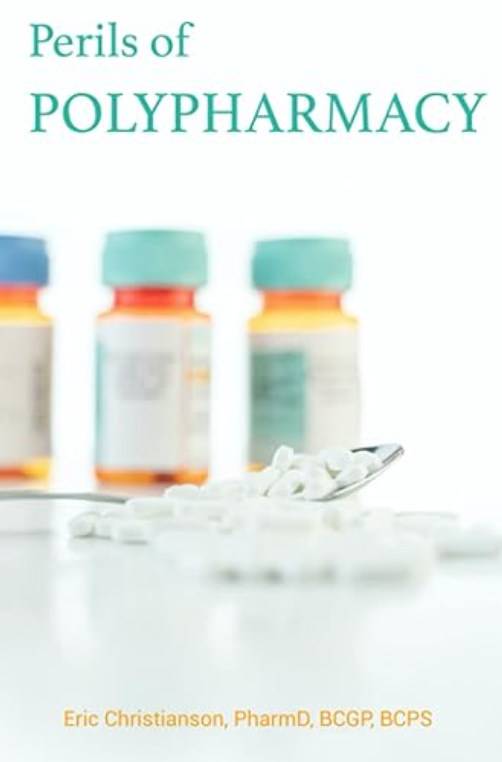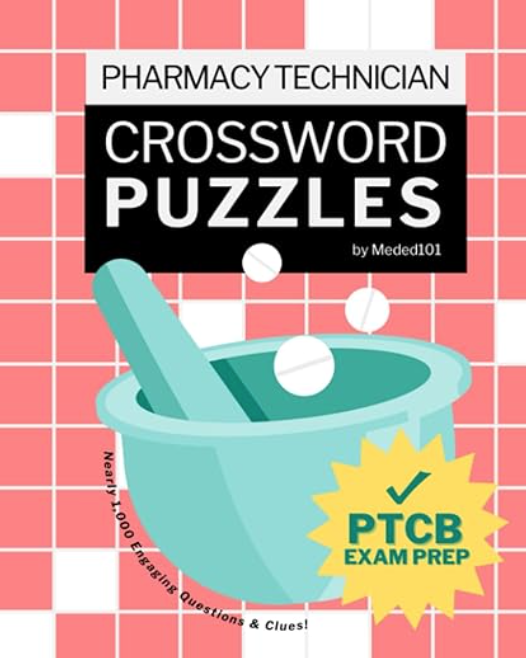Fluctuations in blood sugars can be very distressing for patients. This is especially true in patients who have adequate control of their diabetes. Adverse effects can lead to an escalation of diabetes medication. I’ll share my top 5 drugs that cause hyperglycemia and ultimately contribute to the prescribing cascade.
Corticosteroids
The first medication I have to discuss is corticosteroids. Medications like prednisone are used frequently in practice. One of the things that makes this challenging is that prednisone bursts (5-14 days)are often used for a short period. For a patient who watches their blood sugars closely and maintains good control, a prednisone burst can be very frustrating. Patient education is critical when a patient with diabetes is prescribed prednisone. Their blood sugars will go up but they will come back down once the prednisone has been discontinued.
Olanzapine
Olanzapine is an antipsychotic used for schizophrenia, bipolar disorder, and potentially other psychiatric conditions. It happens to be one of the worst antipsychotics in its ability to contribute to metabolic syndrome, and ultimately hyperglycemia. In patients taking this medication on a chronic basis, we should monitor A1C periodically.
Clozapine
While all antipsychotics have the potential to cause hyperglycemia, I can’t mention olanzapine without mentioning clozapine. This has some chemical similarities with olanzapine and the side effect of hyperglycemia is more common with this medication compared to many other antipsychotics. Aripiprazole and ziprasidone tend to be the antipsychotics with the least impact on hyperglycemia. PS: This is a great nugget to remember when taking a board certification exam!
Calcineurin Inhibitors
Number four on my list of top 5 drugs that cause hyperglycemia are the calcineurin inhibitors. These medications are most often used as immunosuppressive agents in transplant patients but may also be used for some autoimmune disorders. In the case of organ transplantation, the benefits of using this class of medication may outweigh the risk of contributing to hyperglycemia.
Thiazide Diuretics
Lastly, I am going to mention thiazide diuretics. This is a class I’ve been asked about in practice quite a bit as they are one of the three main classes frequently used for hypertension. The rise in blood sugar from thiazide diuretics is not incredibly high. One study found that thiazide diuretics raised blood sugar by 2 mg/dL. This isn’t a tremendously significant amount. In practice, I think it is reasonable to pay attention to blood sugars and A1C after initiating thiazide diuretics.
I hope this outline of my top 5 drugs that cause hyperglycemia can help you educate and monitor your patients effectively. In my experience, the most clinically significant increase in blood sugars happens when corticosteroids are used. Pay attention to new orders of prednisone (and others) as these agents can dramatically increase blood sugars.
- 30 medication mistakes PDF
- 18+ Page Drug Interaction PDF
- 10 Commandments of Polypharmacy Webinar based on my experiences in clinical practice









0 Comments